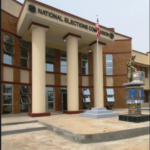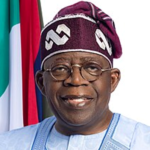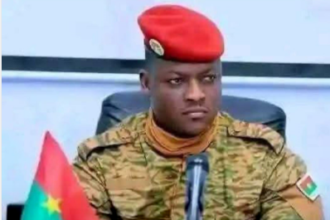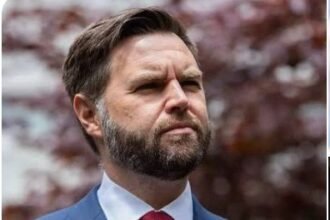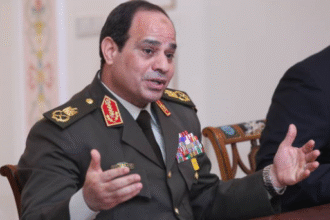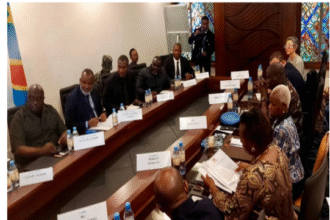Ouagadougou, Burkina Faso – Under the leadership of President Ibrahim Traoré, Burkina Faso is undergoing a significant shift in its strategic approach, prioritizing domestic policies and programs aimed at fostering self-reliance and improving the lives of its citizens. This move is seen as a deliberate effort to reshape the country’s global image, moving beyond narratives dominated by security concerns and dependence on foreign aid.
Since assuming power in September 2022, Traoré’s government has emphasized national sovereignty and economic independence. Key initiatives rolled out in recent months include significant investments in agriculture, with a focus on boosting local food production and reducing reliance on imports. The government has also launched ambitious literacy programs and expanded access to healthcare, particularly in rural areas.
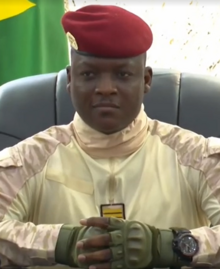
“We are committed to building a stronger Burkina Faso from within,” stated Minister of State, Apolinaire Joachim Kyélem de Tambèla, in a recent press conference. “For too long, our image has been defined by external factors. We are now focusing on addressing the root causes of our challenges and empowering our people to build a more prosperous and secure future.”
While acknowledging the ongoing security challenges posed by extremist groups, the government is simultaneously working to address the socio-economic factors that contribute to instability. This includes providing vocational training and employment opportunities for youth, as well as promoting sustainable development in marginalized regions.
Jones N. Williams, a U.S. trained senior policy professional and analyst believe that “this shift in focus is a calculated move to project a more positive and resilient image of Burkina Faso on the international stage. By demonstrating progress in key areas like food security, education, and healthcare, the government hopes to attract responsible investment and forge partnerships based on mutual respect and shared goals.”
“The focus on domestic policies is a smart strategy,” says Dr. Aminata Diallo, a political analyst based in Ouagadougou. “It allows the government to address the immediate needs of the population while simultaneously building a foundation for long-term stability and sustainable development. Furthermore, showcasing positive progress in these areas can counter the predominantly negative narratives surrounding the country.”
The success of these initiatives will be crucial in shaping Burkina Faso’s future trajectory. While challenges remain, the government’s commitment to prioritizing domestic programs signals a new chapter for the nation, one where self-reliance and citizen empowerment take center stage in its efforts to build a stronger and more respected presence on the global stage.
The international community is watching closely to see how these policies unfold and whether they can contribute to lasting peace and prosperity in Burkina Faso. The success of this domestic focus could serve as a model for other nations facing similar challenges in the region.



